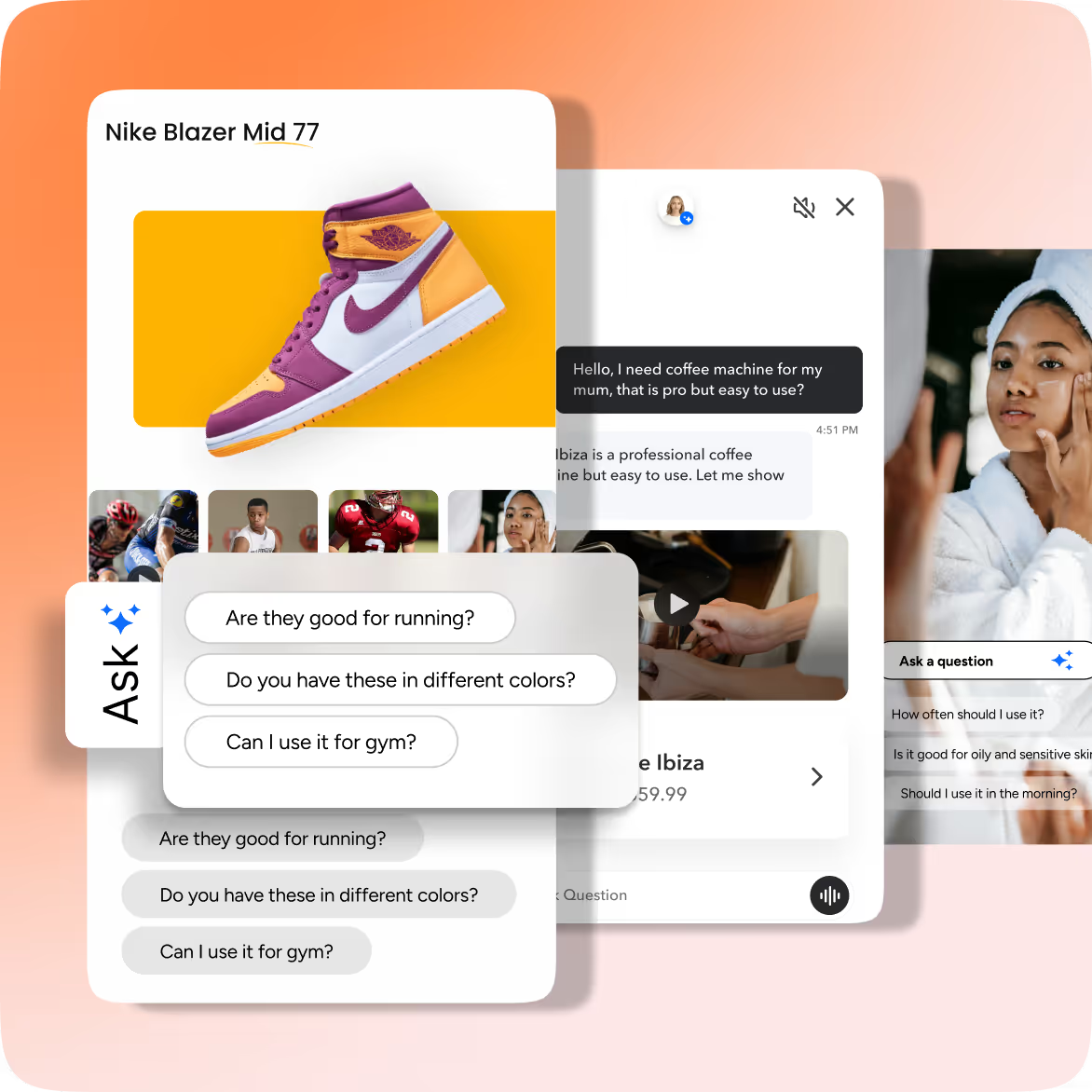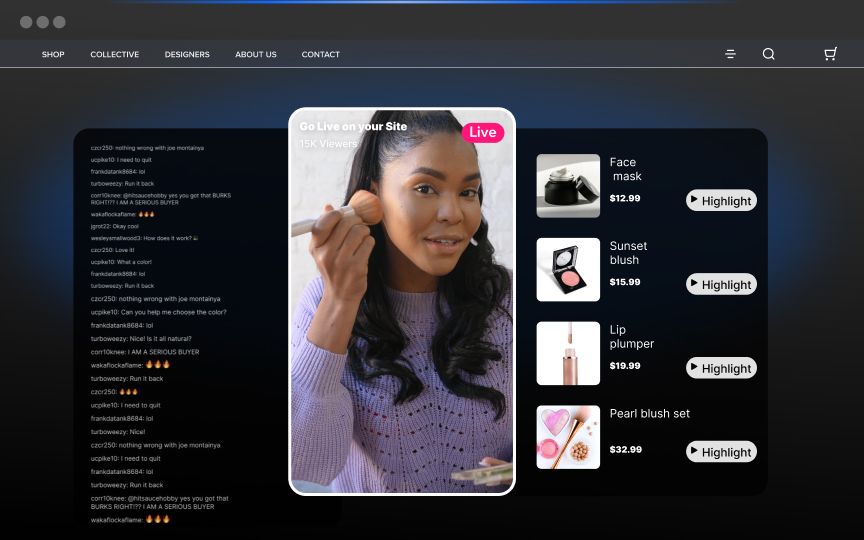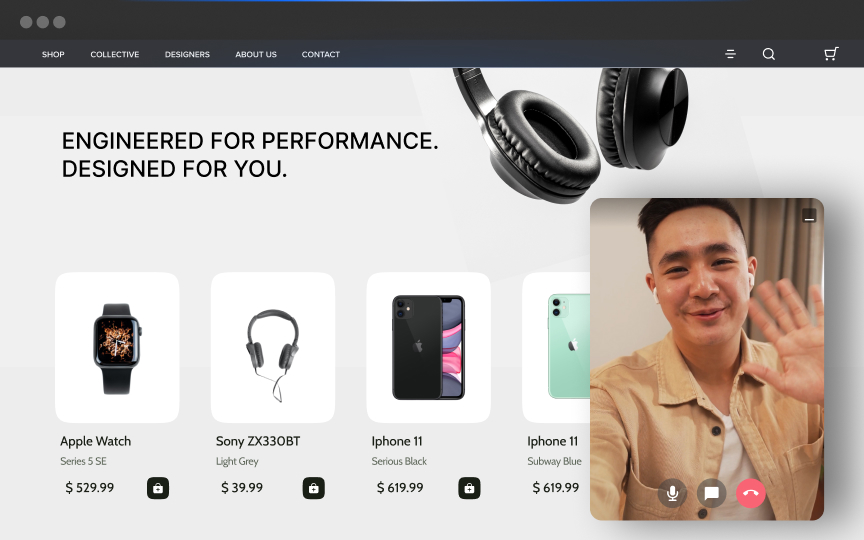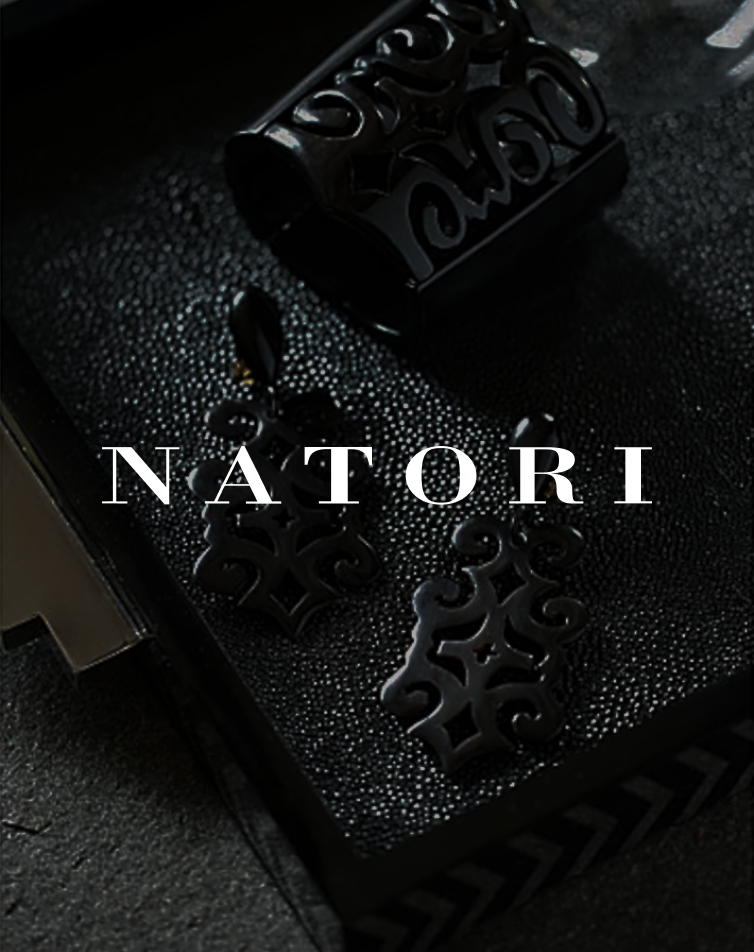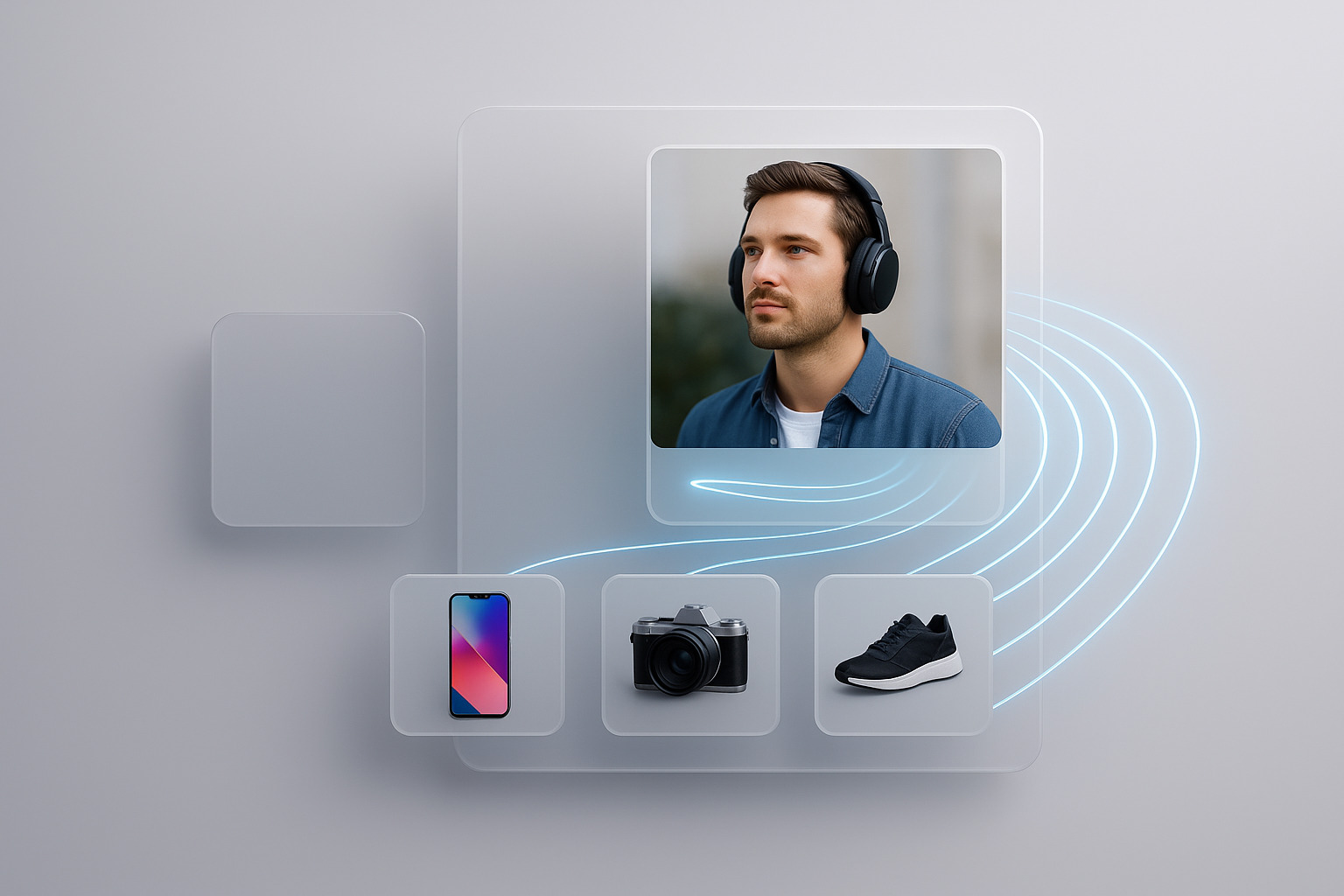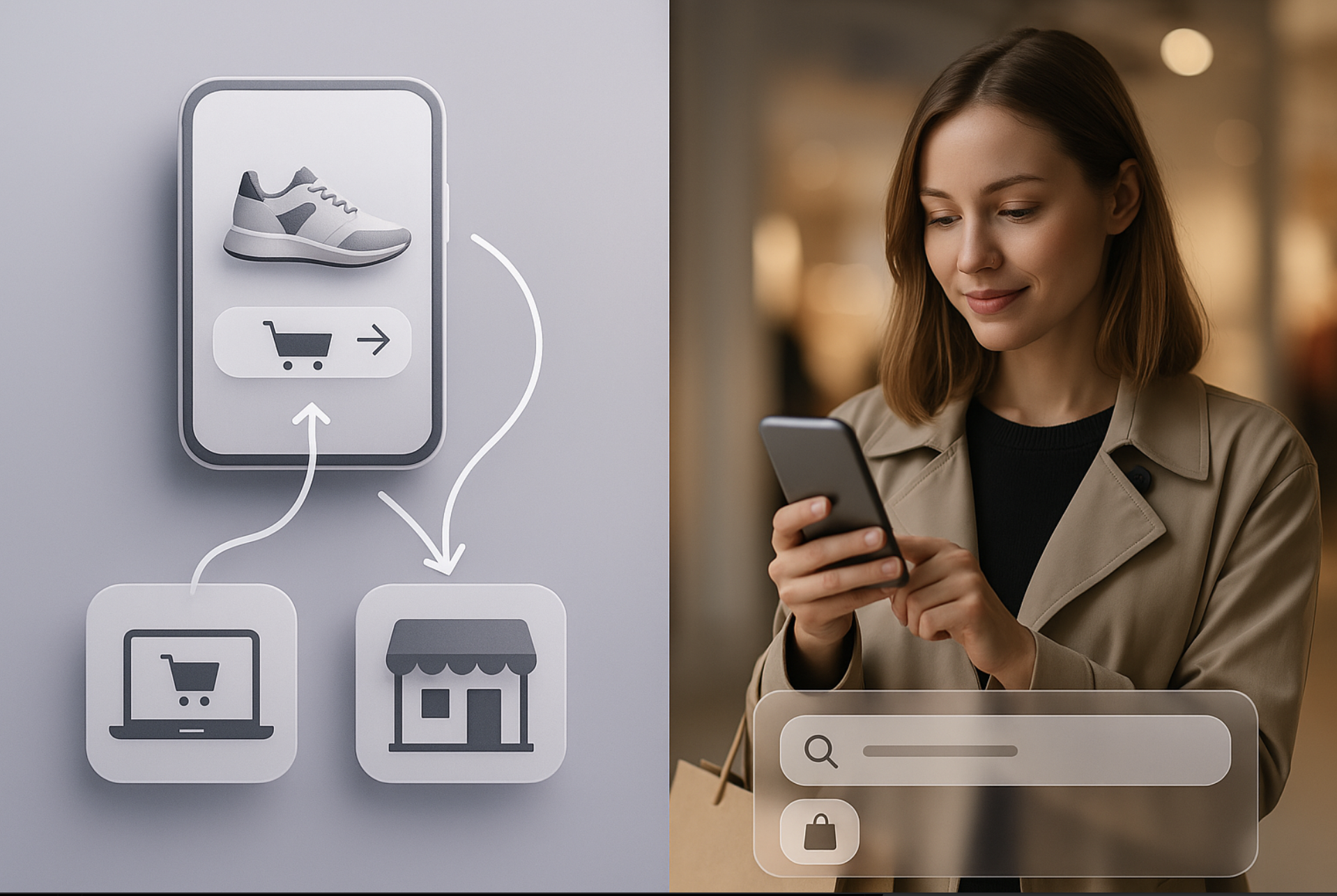You’re scrolling through your favorite fashion website, and suddenly, it feels like the site knows you. The items you’ve been eyeing pop up first, and the styles match your taste perfectly. This isn’t magic; it’s ecommerce personalization at work.Fashion brands now tailor online shopping experiences to meet individual customer preferences. They use advanced technology to make your shopping journey as smooth and enjoyable as possible.Here’s how it all works behind the scenes.
What is Ecommerce Personalization for Fashion Brands?
Ecommerce personalization for fashion brands means customizing the online shopping experience to fit each customer’s unique preferences. This involves using data to understand what customers like and offering them products that match their tastes.Tailoring online shopping experiences involves several elements. First, it means showing products that align with the customer’s past behavior and preferences. If you’ve previously bought summer dresses, the website might highlight new arrivals in that category. It also means creating a seamless journey from browsing to checkout, making it easier for customers to find what they want and complete their purchase.Leveraging customer data and AI plays a significant role in this process. Brands collect data from various touchpoints such as browsing history, purchase history, and even social media interactions. AI algorithms then analyze this data to predict what customers might want next. This real-time personalization helps in presenting the most relevant products, offers, and content to each shopper, enhancing their overall experience.
Benefits of Ecommerce Personalization for Fashion Brands
You’re always looking for ways to engage your customers and keep them coming back. Personalization might just be the key.
Increased Customer Engagement
Ecommerce personalization boosts customer engagement by making the shopping experience more relevant and enjoyable. When customers see products that match their preferences and needs, they are more likely to interact with the website. This means more clicks, longer browsing sessions, and higher chances of discovering new items. Learn more about boosting customer engagement with personalized strategies.
Improved Conversion Rates
Concerned about conversion rates? Personalized experiences can significantly reduce cart abandonment and turn casual browsers into buyers. When customers receive personalized product suggestions and offers, they are more likely to make a purchase.
Enhanced Customer Loyalty
Building loyalty is crucial for long-term success. Personalized shopping experiences foster customer loyalty. When customers feel understood and valued, they are more likely to develop a strong connection with your brand. This connection translates into repeat purchases and long-term loyalty. Discover how 1:1 customer experience platforms can enhance loyalty.
Competitive Advantage
In a crowded market, how do you stand out? Personalization gives you a competitive edge. Brands that offer personalized shopping experiences stand out from those that use a one-size-fits-all approach. Implementing customer engagement strategies can set your brand apart.
Types of Ecommerce Personalization Strategies for Fashion Brands
You might be wondering, what strategies can actually make a difference? Let’s break it down.
Personalized Product Recommendations
Personalized product recommendations show customers items that match their preferences and past behaviors. When you browse an online fashion store, you often see sections like "You May Also Like" or "Customers Who Bought This Also Bought." Understanding customer behavior is essential for effective recommendations.
Customized Website Experience
A customized website experience adjusts the site layout and content based on your preferences and behavior. When you visit a fashion website, the homepage might highlight categories or products that align with your past purchases or browsing history. Consider bringing in-store experience online to enhance personalization.
Personalized Email Marketing
Personalized email marketing involves sending tailored messages to your inbox based on your shopping behavior and preferences. Instead of generic newsletters, you receive emails featuring products and offers that match your interests.
Dynamic Pricing
Dynamic pricing adjusts the cost of products based on various factors such as demand, customer behavior, and market conditions. In the context of fashion ecommerce, dynamic pricing can offer personalized discounts or promotions based on your shopping history.
How does Ecommerce Personalization Work in the Fashion Industry?
You might be wondering how all this personalization magic actually happens. It starts with data collection and analysis. You interact with a website, and it gathers data from your browsing history, purchase behavior, and even social media activity. This data includes what products you view, how long you spend on each page, and what items you add to your cart.AI-powered algorithms then come into play. These algorithms sift through the collected data to identify patterns and trends. They can predict what styles you might like based on your past behavior and similar customers' choices. For example, if you frequently buy floral dresses, the algorithm will prioritize showing you new arrivals in that category. Explore how video commerce can leverage customer data for better personalization.Real-time personalization is the next step. As you browse the site, the system dynamically adjusts the content you see. Product recommendations, special offers, and even the layout of the website can change based on your interactions. If you spend a lot of time looking at a particular brand, the site will highlight more products from that brand. Learn more about leveraging first-party data for personalized marketing.Continuous optimization keeps the personalization engine running smoothly. The system constantly monitors performance metrics like click-through rates, conversion rates, and customer feedback. It uses this data to refine its algorithms and improve the accuracy of its recommendations. The future of livestream fashion is here, offering a dynamic and engaging shopping experience.
Challenges and Considerations in Implementing Ecommerce Personalization for Fashion Brands
Thinking about the challenges? Let’s address them head-on.
Data Privacy and Security
When implementing ecommerce personalization, you must prioritize data privacy and security. Collecting and analyzing customer data involves handling sensitive information, such as browsing history, purchase behavior, and personal preferences. Ensuring this data remains secure is non-negotiable. Addressing the challenges of personalization is crucial for success.
Balancing Personalization and Brand Identity
Personalization aims to tailor the shopping experience to individual preferences, but it should not overshadow your brand identity. Maintaining a consistent brand image while offering personalized experiences can be challenging. Strive for an exceptional customer experience to balance both.
Integration with Existing Systems
Integrating personalization strategies with your existing ecommerce systems can be complex. Your current infrastructure, including your website, CRM, and marketing platforms, must seamlessly work together to deliver a cohesive personalized experience. Overcome the challenges of online shopping to provide a seamless experience.
5 Examples of Successful Ecommerce Personalization in the Fashion Industry
Want to see some real-world success stories? Here’s how other brands are doing it.
Brand A's Personalized Styling Service
Brand A has revolutionized the online shopping experience with its personalized styling service. When you visit their website, you can take a style quiz that asks about your fashion preferences, body type, and lifestyle.
Brand B's AI-Powered Product Recommendations
Brand B uses AI-powered algorithms to deliver highly accurate product recommendations. When you browse their site, the AI analyzes your past behavior, such as items you've viewed, added to your cart, or purchased.
Brand C's Customized Website Experience
Brand C offers a customized website experience that adapts to your preferences in real-time. When you log in, the site adjusts its layout and content based on your previous interactions.
Brand D's Personalized Email Campaigns
Brand D excels in personalized email marketing. After you sign up for their newsletter, you start receiving emails tailored to your shopping behavior and preferences.
Brand E's Dynamic Pricing Strategy
Brand E uses dynamic pricing to offer personalized discounts and promotions. The pricing strategy adjusts the cost of products based on various factors, such as demand, customer behavior, and market conditions.
Is Ecommerce Personalization Worth the Investment for Fashion Brands?
Investing in ecommerce personalization offers a significant return on investment (ROI) for fashion brands. Personalized experiences lead to higher conversion rates, increased average order values, and improved customer retention. When customers see products tailored to their preferences, they are more likely to make a purchase, resulting in higher sales and revenue. Discover the future of shopping with personalized ecommerce strategies.Put your commerce in motion. Find out how Firework can power your business forward. Request a demo today and discover how our interactive, shoppable, and live video content can transform your online shopping experience.
Unlock Exclusive Insights
By submitting this form, you agree to Firework's privacy policy and consent to receive personalized marketing communications. You can unsubscribe at any time.
